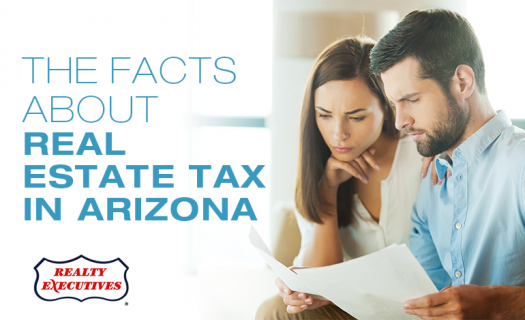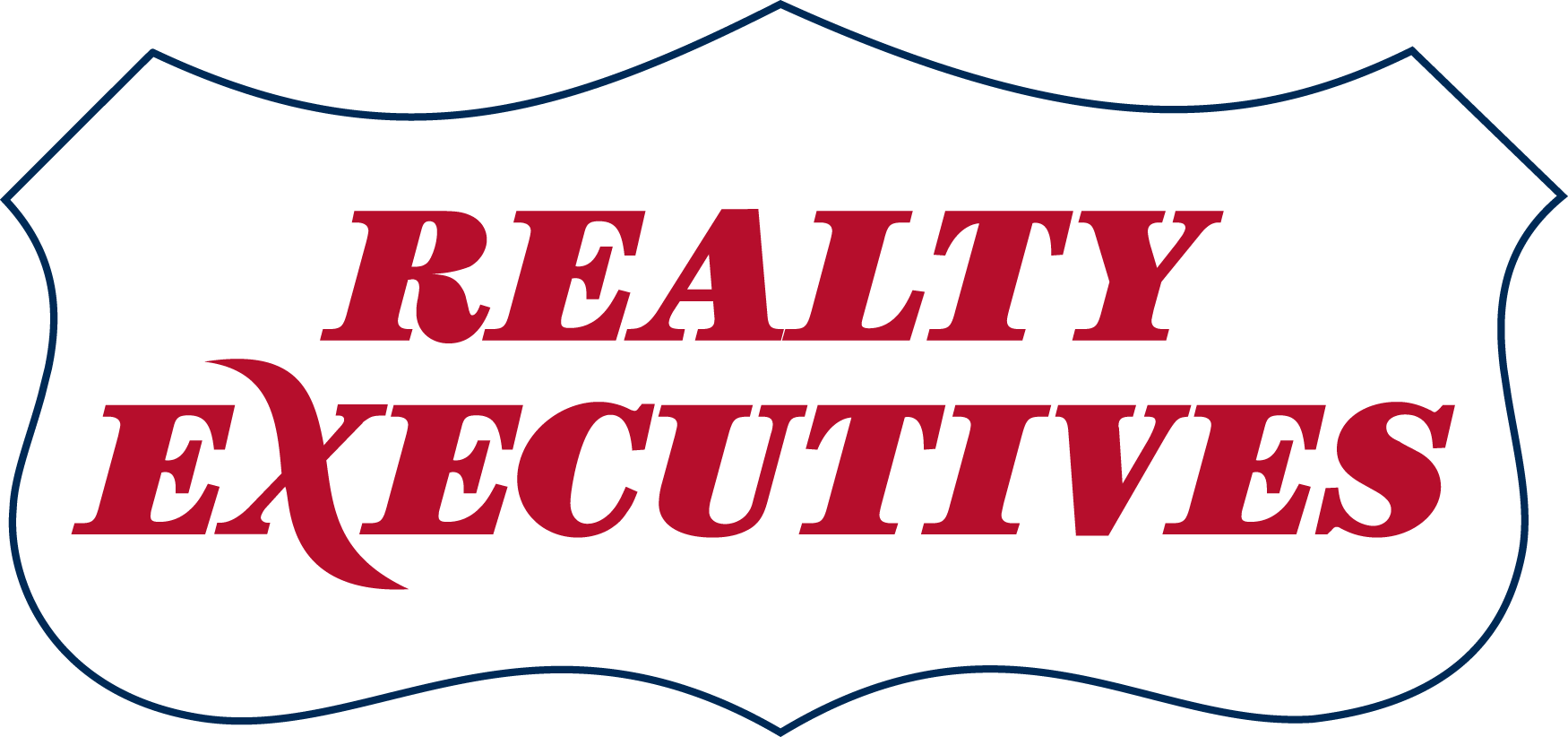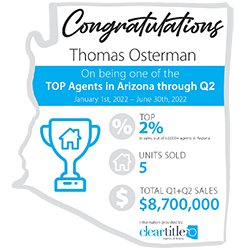 Many people dream of living in Arizona, especially at this time of year when many parts of the country are blanketed with snow and frigid temperatures. And while a warm, sunny climate is an attractive draw, it’s important for potential home buyers to know the facts about real estate tax in Arizona before making a home buying decision. A knowledgeable Scottsdale Realtor can help with this process.
Many people dream of living in Arizona, especially at this time of year when many parts of the country are blanketed with snow and frigid temperatures. And while a warm, sunny climate is an attractive draw, it’s important for potential home buyers to know the facts about real estate tax in Arizona before making a home buying decision. A knowledgeable Scottsdale Realtor can help with this process.
Real estate taxes, especially for luxury homes, can be substantial and should be factored into the buying decision before making such a large purchase. Read on to learn the facts about Arizona real estate tax and how it could impact your next home purchase.
What Is the Real Estate Tax in Arizona?
Relatively speaking, Arizona has low property taxes when compared to many other areas of the country. According to SmartAsset, Arizona’s average tax rate in 2018 was 0.77%, which was well below the national average of 1.21 percent. In fact, Arizona ranked as fifteenth lowest in the country. This is due, in part, to a law for owner-occupied homes which caps the total tax rate.
The average homeowner in Arizona pays around $1,367 per year—$800 under the national average. As an example, a home worth $700,000 in Arizona would average $5,915 in annual property taxes while the national average would be $8,477. That is quite a tax savings, especially for luxury homeowners with multi-million-dollar properties! Property taxes could be slightly higher or lower, based on the specific area of Arizona you are targeting. For example, that same home in beautiful Maricopa County would cost about $5,614 in property tax.
Curious about the annual property taxes in a certain community in Arizona? Check out this Arizona property tax calculator to calculate financial details based on your location and the assessed home value. You can also get in touch with an experienced Arizona Realtor for valuable tax information on luxury homes you are interested in.
Taxes are due twice per year in the Grand Canyon state. The first payment for the year is due on October 1st and the second is due the following year on March 1st.
How Property Tax Is Calculated
There are a couple numbers used to calculate property taxes for a piece of Arizona real estate. The first number is the home’s current cash value, which is the current market value or full cash value (FCV) calculated by the county’s tax assessor. The full cash value is based on comparable homes and nearby home sales.
Many people think that this means their property tax would be based on the home’s full cash value, but this is not the case. Instead, real estate taxes are calculated off the assessed or limited property value (LPV). The LPV is calculated on an individual basis according to a statutory formula and was put in place to reduce the effects of inflation on property taxes.
By law, the LPV can’t exceed the home’s cash value and it is often lower than the FCV. There is a limit as to how much it can go up each year (currently 5% maximum), which limits big tax hikes when property values are rising quickly.
Once the county tax assessor has calculated the LPV, he or she applies an assessment ratio to determine the assessed value of the property. The assessment rate for residential properties is ten percent. So, the assessed value will not exceed 10% of the property’s FCV and can even be less based on the LPV. For example, let’s say you own a residential property in Maricopa County, Arizona’s largest county and home to amazing communities like Phoenix and Scottsdale. With a full cash value of $550,000 and a limited property value of $400,000, you would be charged property tax on the assessed value of $40,000. You can visit the Maricopa County Assessor’s website to find an assessed value for a specific home in Maricopa County.
Two Types of Property Taxes in Arizona
Property taxes will differ depending on the area of Arizona you would like to move to. Things like school district, city, and county will factor into the equation, as well as homes in special districts.
Property tax falls into two categories, primary and secondary, which are combined into one single fee. Primary tax rates, which typically account for the majority of property tax rates, are used to fund governmental bodies like school districts, municipalities, community colleges, and counties. Secondary taxes provide revenue for things like bond issues to fund major projects, special districts, infrastructure investment, and school budget overrides.
Tax Advantages for Arizona Residents
Tax rates can fluctuate slightly from year to year depending on the current tax base and funding requirements, but for owner-occupied houses, the total of the primary tax rate can’t exceed 1% of the home’s limited value. When the rate exceeds 1%, the owner’s school district taxes are lowered accordingly, and the difference is covered by the state. Even if you are a homeowner with a primary tax rate below 1%, the state will grant you a Homeowner Rebate equal to 40% of school taxes, which can be up to $600 a year (owner-occupied only). These tax breaks do not apply to rental properties, vacation homes, or second homes. See your tax professional for details on these tax deductions.
What the Numbers Mean for Home Buyers in Arizona
Families, retirees, and luxury homeowners can benefit from the tax cap, which keeps taxes steady and predictable from year to year, even when home values soar. Retirees will find Arizona’s relatively low tax rates, along with other benefits like no tax on social security and tax deduction eligibility for those collecting a pension, to be economically favorable.
If you have decided on purchasing a luxury home in the Phoenix or Scottsdale area, it is a good idea to get in touch with a top Phoenix realtor who can guide you through the process and provide you with all the information you will need to make an informed purchase. Thomas Osterman has almost two decades of experience helping clients purchase high-end luxury homes in the Phoenix area. Give him a call today at (602) 405-4052 and enjoy a personalized buying experience.
Are you considering purchasing a luxury home in Scottsdale Arizona, but aren’t sure where to start? Contact Thomas Osterman for a personalized and professional buying experience. As a top Phoenix realtor, he can help you negotiate the best purchase price on the luxury home of your dreams.
Read Related Articles:
Luxury Scottsdale Real Estate: Popular Second Home Location for Affluent Homeowners
Top 9 Reasons People Relocate to Scottsdale Arizona
Buy Arizona Luxury Real Estate: Paradise Valley vs. ScottsdaleP








